What is the Vaginal Microbiome?

A microbiome is a collection of microorganisms - bacteria, fungi, and viruses - that naturally live on and inside the human body. The human microbiome contains trillions of these microorganisms, which outnumber human cells by about 10 to 1. Interestingly, they make up only 1–3% of body mass. For example, a 200-pound adult may carry 2 to 6 pounds of bacteria.
The human body has many different ecological compartments, such as the mouth, skin, gut, and vagina. Each plays a unique role in maintaining your health.
The vaginal microbiome consists of all microorganisms living in the vaginal tract. It plays a crucial role in women’s health, protecting against infections and maintaining a balanced pH.
How does the vaginal microbiome work?
The vaginal microbiome includes both good and bad bacteria.
-
Good bacteria, primarily Lactobacillus species, help protect against infections by keeping the vaginal environment acidic, which prevents the overgrowth of harmful bacteria.
-
Bad bacteria—such as anaerobic bacteria, aerobic bacteria, and fungi (Candida yeast)—can lead to infections and disrupt vaginal health.
For a healthy, balanced microbiome, good bacteria must vastly outnumber bad bacteria - approximately by a ratio of 10 to 1.
Think of it like security in a shopping district:if there are only one security guard and one thief on a street of many stores, the thief can steal things in stores where the guard is absent. However, if you have at least 10 guards-to-1 thief ratio, the street will likely be safe. Similarly, the vaginal microbiome needs a strong presence of Lactobacillus to prevent harmful bacteria from taking over.
Vaginal infections and the microbiome

When bad bacteria outnumber good bacteria, dysbiosis - an imbalance in the microbiome that makes the vagina more vulnerable to infection - occurs.
Dysbiosis is often confused with vaginal infections, but they are not the same:
-
Dysbiosis is an overgrowth of bacteria that are naturally always present but kept under control - like house pets that are fine in small numbers but cause chaos when they multiply without control.
-
Infection, on the other hand, involves external pathogens invading the microbiome, - similar to wild animals breaking in. Examples include Salmonella or Listeria, which are not usual vaginal residents.
You can often hear vaginal dysbiosis being named infection. However this is not a true infection. It’s actually a microbial imbalance rather than an invasion of harmful foreign bacteria.
The impact of the vaginal microbiome on overall health
A well-balanced vaginal microbiome does more than just protect against infections. It can influence:
-
Fertility: A healthy microbiome supports sperm survival and implantation.
-
Pregnancy health: Imbalances have been linked to complications like preterm birth.
-
Urinary tract health: An imbalanced microbiome can contribute to recurring UTIs.
-
Immune function: The microbiome interacts with the immune system, helping the body fight infections.
Beyond reproductive health, research suggests that an imbalanced vaginal microbiome may contribute to systemic inflammation, affecting immune function and increasing susceptibility to conditions like pelvic inflammatory disease (PID) and even certain chronic diseases. Regularly monitoring and supporting your vaginal microbiome can help maintain overall health, ensuring that your body’s natural defense mechanisms stay strong and resilient.
Does the vaginal microbiome change?
Yes! The vaginal microbiome is dynamic and responds to lifestyle, hormones, and other external factors.
Factors That Can Disrupt the Vaginal Microbiome
-
Diet & Probiotics – High sugar and processed foods fuel harmful bacteria, while fermented foods and probiotics (Lactobacillus) help maintain balance.
-
Antibiotics – These can wipe out both infections and beneficial bacteria, increasing the risk of yeast infections and bacterial vaginosis (BV).
-
Hormonal Changes – Pregnancy, menopause, and birth control affect estrogen levels, which influence Lactobacillus populations. Lower estrogen can lead to dryness and increased infection risk.
-
Sex – Semen is alkaline and can temporarily raise vaginal pH. New sexual partners can also introduce unfamiliar bacteria.
-
Hygiene & Products – Douching, scented soaps, and harsh cleansers strip away protective bacteria, making infections more likely.
-
Stress & Sleep – High stress and poor sleep weaken immune defenses, allowing harmful bacteria to grow.
-
Menstrual Cycle & pH – Menstrual blood is less acidic, which can disrupt the microbiome. Tampons and pads may also impact bacterial balance
Each microbiome is a well-organized microbial community. The available nutrients to support the growth of microorganisms are limited. Thus, the total microbial population remains stable.
Yet, the populations of microbial species may change when nutrients change.
In summary, vaginal dysbiosis may affect women's health by causing BV, AV, or CV. All cause discomforts like itching, burning, dryness, odor, and/or excessive discharge.
Conventional treatments often have limited effectiveness. They utilize antibiotics or antiseptics to indiscriminately kill bacteria without restoring microbial balance. Additionally, they overlook nutritional needs and environmental factors.
Using antibiotics to address vaginal dysbiosis, a non-infectious issue, may contribute to widespread overmedication, a practice that has significantly impacted human health.
NeuEve products offer an alternative by balancing the microbiome through the provision of nutrients and environmental changes.
To date, NeuEve has helped over 100,000 women find relief from various forms of vaginal dysbiosis safely, without recurrence, by restoring the balance of the vaginal microbiome.
FAQ
What does a vaginal microbiome test do?
A vaginal microbiome test will show the science behind you. A vaginal microbiome test helps identify the bacteria and fungi present in your vagina, which can influence your risk of infections like bacterial vaginosis (BV), yeast infections, and UTIs, as well as symptoms like itching, odor, and discomfort.
Dr. Chang recommends that if you have AV, BV, or CV, to please get a test before treatment with AV-Nil, BV Clear, or CV Ease, immediately after treatment, and 1-3 months after.
Test provider we recommend is Juno Bio. Their advanced at-home vaginal microbiome test designed to provide a clear, science-backed understanding of your unique vaginal environment. Juno has been very kind to give NeuEve customers a $20 discount for one time orders
Click the link to get $20 off (https://www.juno.bio/?via=neueve&v=BFRo7V)
Please note, the discount code is only good for a one-time test. For the monthly subscription, it does not work because the subscription itself offers a discount.

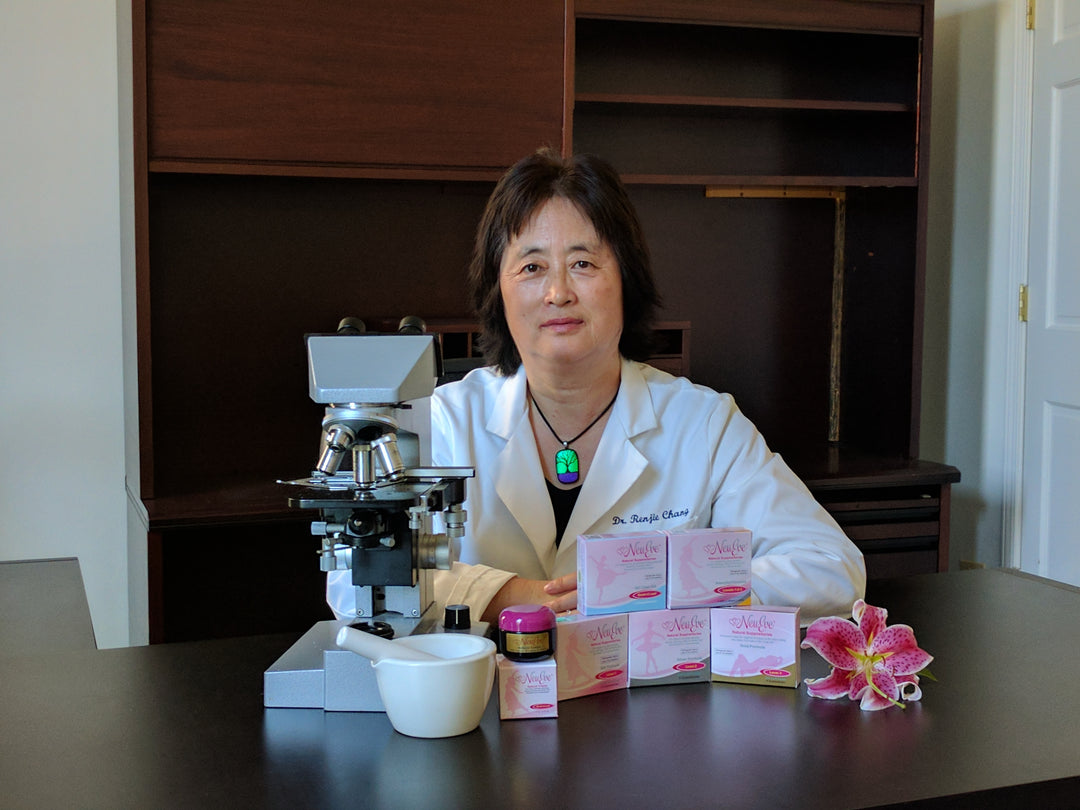
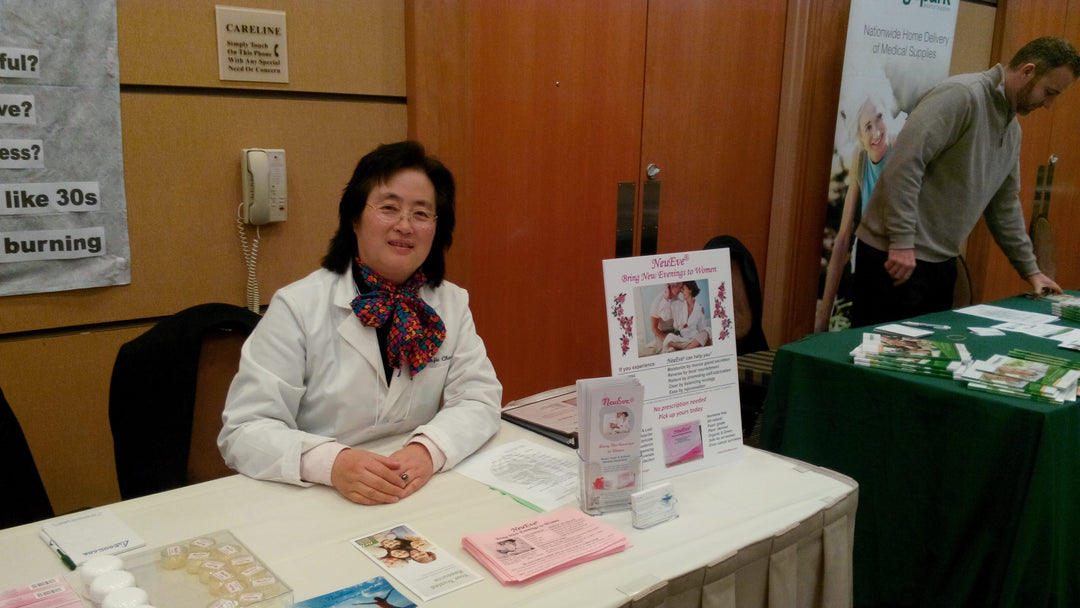

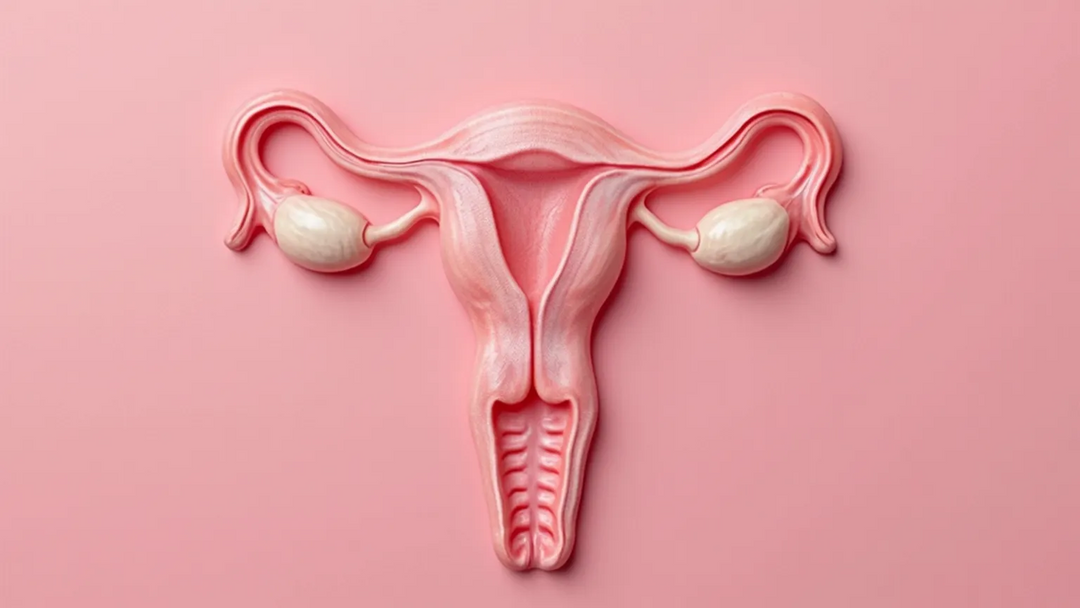
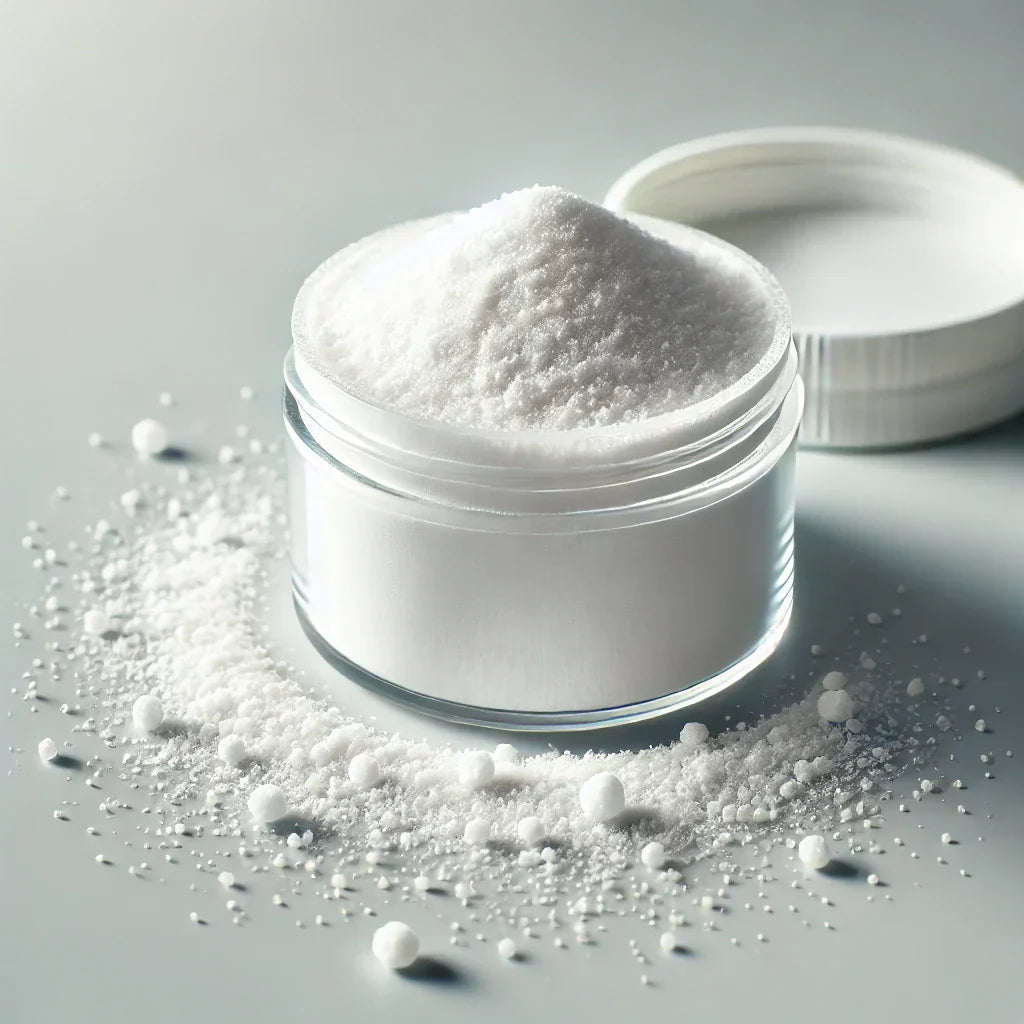


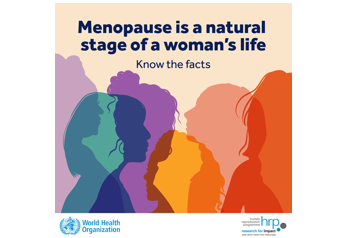
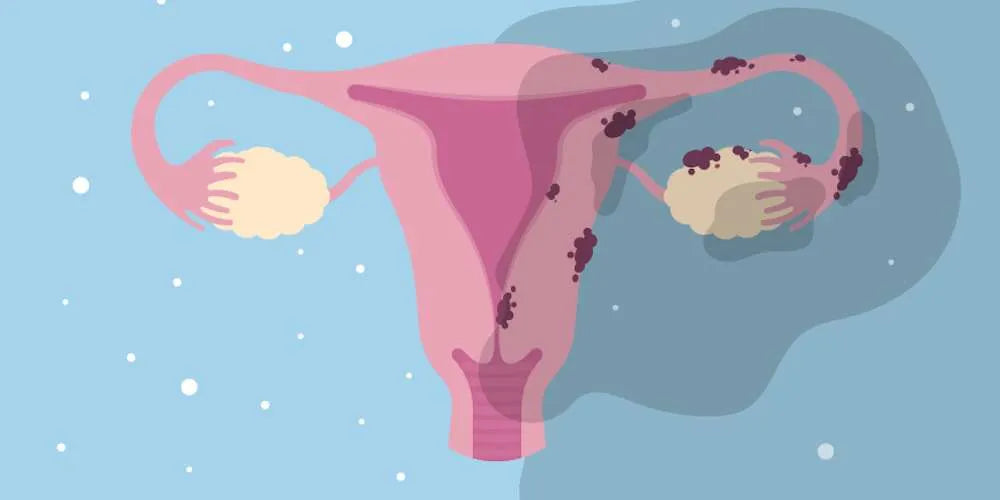
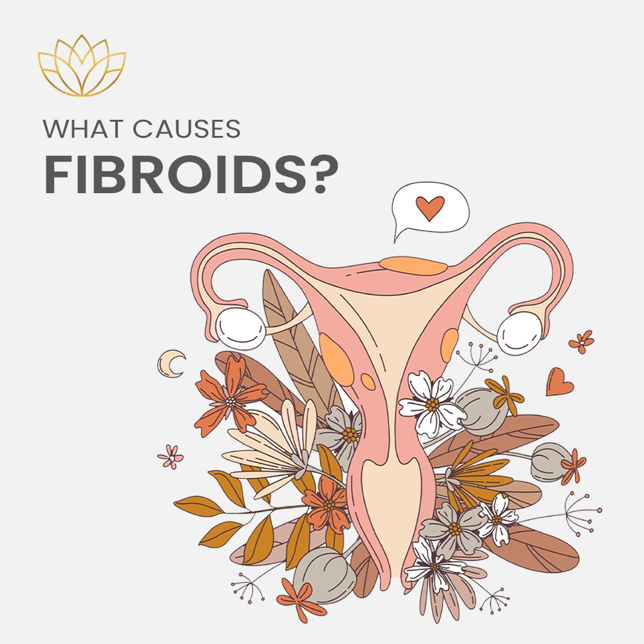
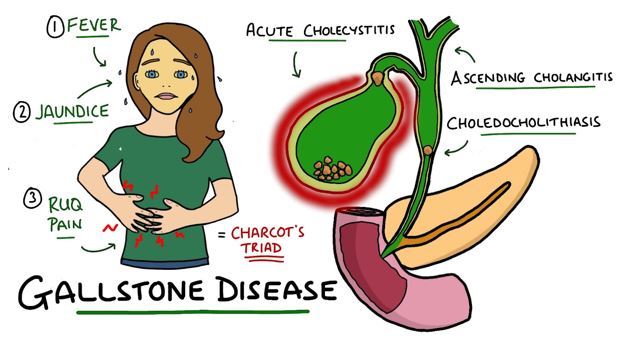


Leave a comment